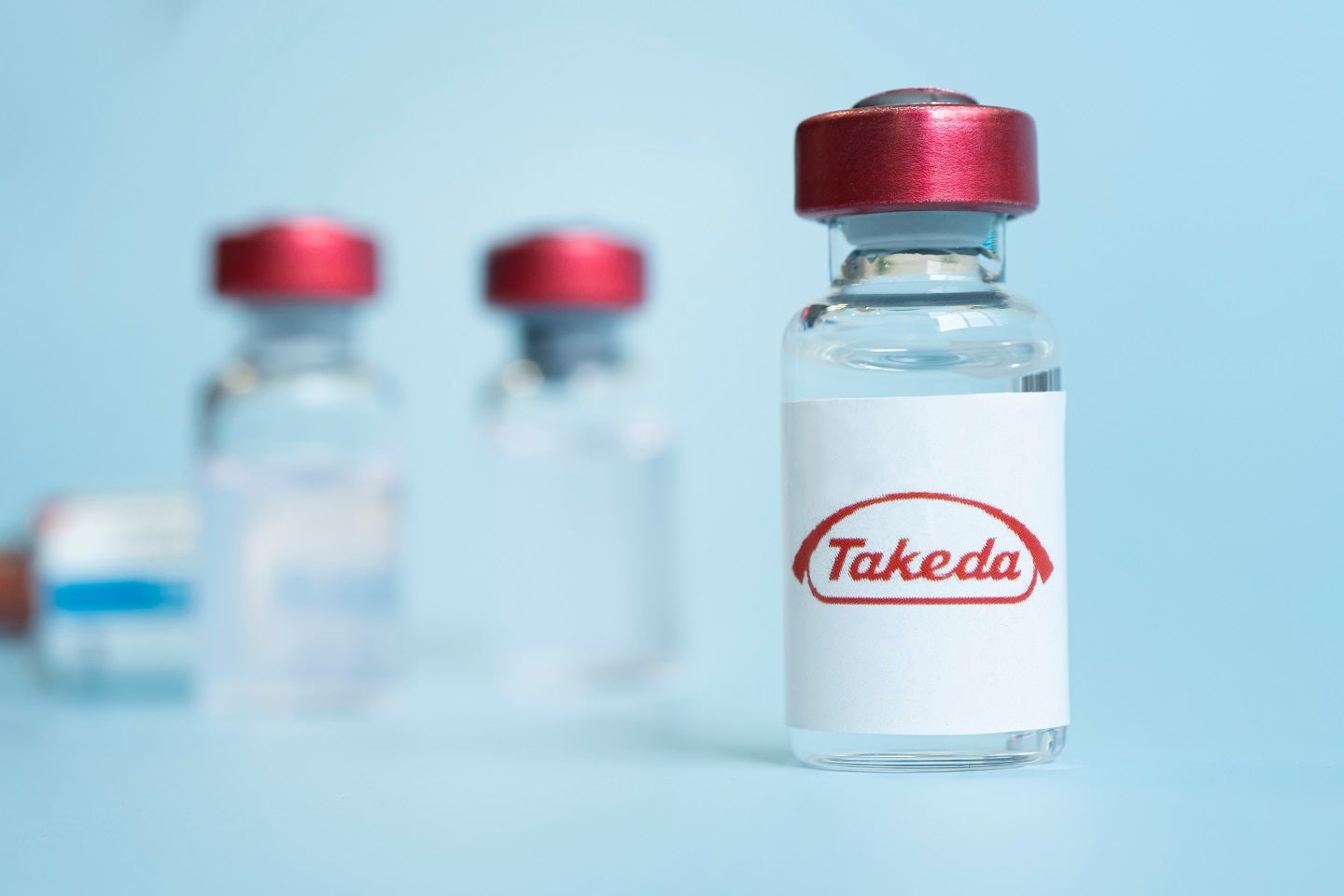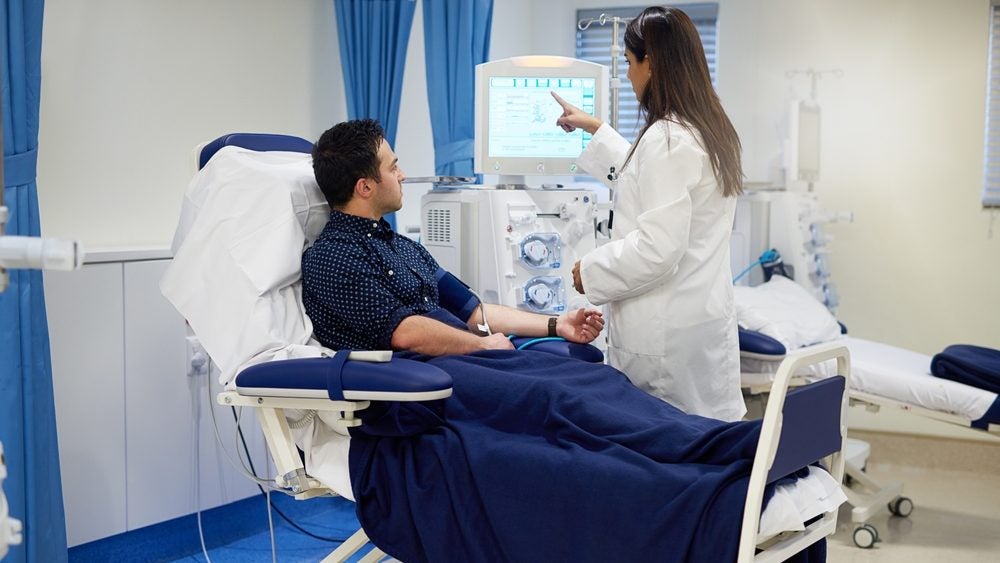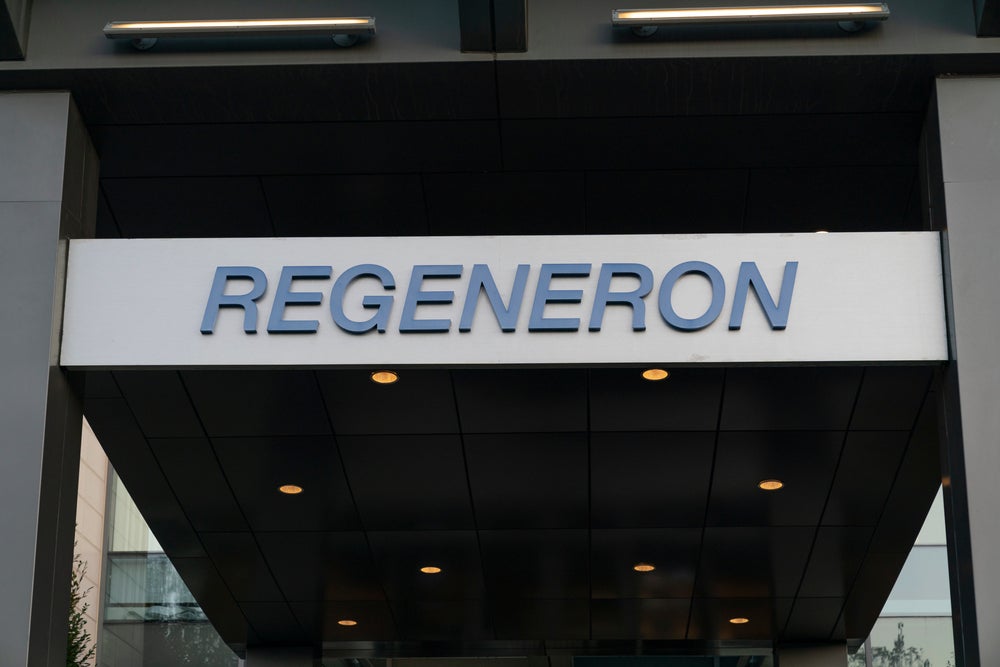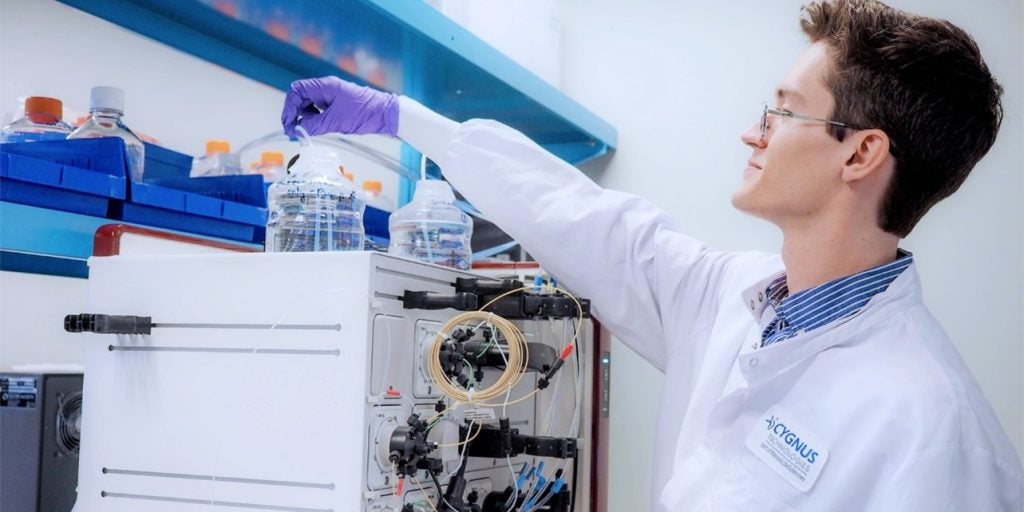Recently, a study published in the National Library of Medicine compared market access trends in Belgium, France, Hungary, Italy, Switzerland, and the Netherlands for oncology treatments. In this report, findings suggested that cancer patients in the Netherlands will face longer waits to access new oncology medicines. In addition to the relative comparison of access in these countries, GlobalData also investigated the individual countries by pricing and reimbursement process and how varying features affect market access.
Time to patient access ranged from one year to 7.1 years across the six markets
In the study, funded by the European Fair Pricing Network (EFPN), time-to-patient access was assessed at the hospital level, including those products that entered markets initially under early access programmes. A total of six innovative anti-cancer medicines across 20 indications were considered in this study, including AstraZeneca’s (UK) Tagrisso (osimertinib), Bristol Myers Squibb’s (BMS, US) Yervoy (ipilimumab) and Opdivo (nivolumab), Johnson & Johnson’s (US) Imbruvica (ibrutinib), Merck & Co.’s (US) Lynparza (olaparib), and Takeda’s (Japan) Zejula (niraparib). Data on patient access was then collected from 19 hospital databases with an outcome of a positive EMA recommendation to patient access being 2.1 years with variation ranging from 1 to 7.1 years. Of the countries considered, Italy and France were found to achieve the fastest access. According to Global Data’s Price Intelligence (POLI), branded oncology drugs delivered in the hospital setting in France and Italy see an average time to pricing of 976 days (2.7 years) and 510 days (1.4 years), respectively, which aligns with the findings of the funded study. Furthermore, GlobalData’s Price Intelligence POLI found that, on average, branded oncology drugs delivered in the hospital setting in these two countries took 663 days (1.8 years) to receive a reimbursement decision in Italy but only 267 days (0.7 years) in France. In this latter case, although reimbursement decisions are quite fast, drugs may not reach the market as quickly as this, as the pricing procedure may take some time.
Within the study published by the National Library of Medicine, the longest intervals between positive EMA opinion and treatment were in Hungary and Belgium, followed by Switzerland and the Netherlands.
Pricing flexibility determines market access and launch sequence
The expansion of national early access programs is one of several factors potentially influencing faster patient access to oncology medicines in the assessed countries. Flexibility of pricing, the respective country’s cost containment policies, and P&R systems have all affected market access. France is often deemed a more generous pricing system globally and even includes a flexible pricing model for products that enter the market under early access. Since the creation of France's early access authorization (autorisation d'accès précoce: AAP) scheme in mid-2021, there have been clearly significant improvements in the time to market access. Since 2018, a total of 38 brands have been approved in France as hospital-administered originator oncology drugs, based on GlobalData’s POLI & HTA (health technology assessment) database findings. Of those drugs, seven have been granted early access, five of which were after 2021.
In the Netherlands, the P&R system is a complex mix of highly regulated cost-containment policies where prescription drug prices and reimbursements are subject to tight controls. Furthermore, delays in conducting price negotiations in the Netherlands through the country’s “reimbursement lock” cost-containment process have resulted in access issues for the country. The “reimbursement lock” is a cost-containment regulation involving a statutory list that contains forms of care excluded from the basic insurance package while healthcare authorities negotiate a discounted price with manufacturers. While the Netherlands operates an early access program via the Drug Access Protocol (DAP), the program applies overly strict eligibility criteria and primarily involves orphan-status treatments. The consequences of these differences are also reflected in the order in which developers choose to launch their brands in different countries, with the Netherlands being the last market for developers to launch branded oncology medicines in the hospital setting, across the six countries assessed.
See Also:
Factors driving patient access across these markets are deeply linked to the pricing process of a country and the eligibility criteria applied for reimbursement. Stricter criteria seen in the Netherlands has potentially caused this lag in patient access to new oncology medicines compared to other EU countries and consequentially delayed time to pricing and reimbursement, applied downward pricing pressure, and placed the country later in the launch order. While the Netherlands operates an early access program via the Drug Access Protocol, overly strict eligibility criteria exist while countries with a more flexible pricing process in the form of national early access programs, such as France, have seen significant improvement when it comes to market access.
How well do you really know your competitors?
Access the most comprehensive Company Profiles on the market, powered by GlobalData. Save hours of research. Gain competitive edge.

Thank you!
Your download email will arrive shortly
Not ready to buy yet? Download a free sample
We are confident about the unique quality of our Company Profiles. However, we want you to make the most beneficial decision for your business, so we offer a free sample that you can download by submitting the below form
By GlobalData









Related Company Profiles
AstraZeneca Plc
Bristol-Myers Squibb Co
Johnson & Johnson
Merck & Co Inc
Takeda Pharmaceutical Co Ltd